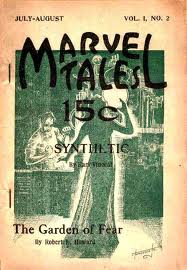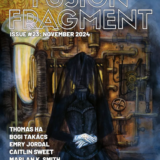
Dodger is one of Terry Pratchett’s (rare) Non-Discworld books, set in early Victorian London. It comes across something as a lighthearted Dickensian novel, which is rather appropriate since Charles Dickens is a rather prominent figure in the book. In fact, the book revolves around historical figures, both factual and fictional, from the time period.
The story revolves around Dodger, a young ‘tosher’ (one that searches for loot in the antiquated Roman sewers of London) who comes to the rescue of a woman set upon by two thugs on a dark and stormy night (oh God, did I just say that?) But rather than some random ‘orribleness (that is not, admittedly, uncommon to these streets of London) it turns out something rather more complicated is involved. Not that Dodger cares, he just wants to find out who’s at the bottom of it and make them pay.
Since Charles Dickens is involved in this story, you would expect Dodger to be the inspiration for The Artful Dodger, which of course he is – but along the course of the book a number of other “inspirations” pop up which the writer dutifully scribbles down.
There are in a way two stories unfolding here: One is of the growth of Dodger from a talented, well, Dodger, to making something much more of himself – but without losing who he is, either.
The other story is of London. A London in transition. This is the time where the Bow Street Runners have just been replaced with Robert Peel’s “Peelers” (later, Bobbies), the first real police force. The Roman sewers are not long for this world, as the man behind their reconstruction to the most modern in the world (still in use to this day), Joseph Bazalgette, is taking an active interest in them. Human rights are being fought for by the likes of Henry Mayhew, as well as other reforms in the future as a young Benjamin Disraeli is introduced, and perhaps, most interestingly, Angela Burdett-Coutts, who was the richest woman in the world at the time and who spent most of her time giving it away and trying to make the world a better place.
Dodger comes in and out of these worlds, and they into his, as the story unfolds. This light story just might get someone who has never read Dickens to give him a try, and for that reason alone I’d have to recommend it. But it’s also Pratchett at perhaps his best, taking a break from the Disc.











Recent Comments